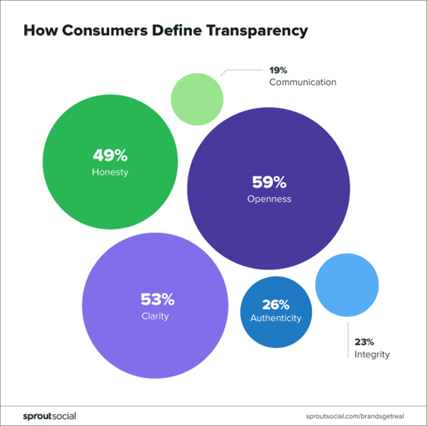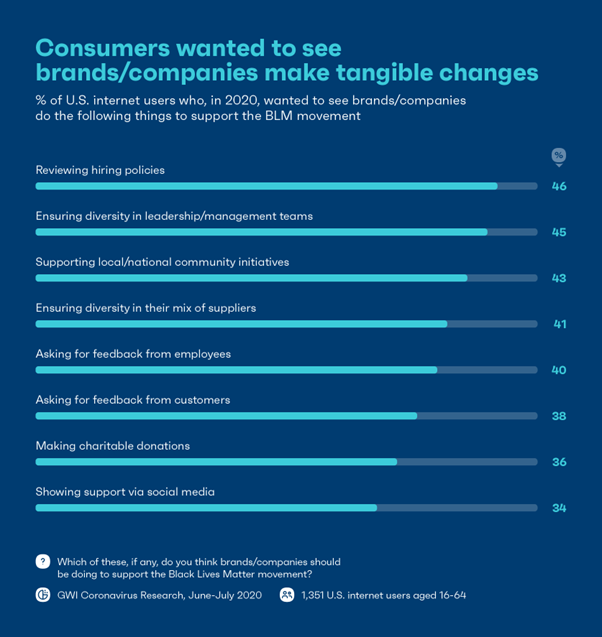How to embrace impact and transparency this Black History Month
Don’t do PR for Black History Month if your company isn’t doing something meaningful to create equity.

Lip service doesn’t work anymore. Consumers can tell when brands are being disingenuous and they may even call you out, which could do irreparable damage long term. If management isn’t willing to move beyond the superficial to productively contribute to a more equitable future, that’s an internal issue.
However, if your organization is putting in the work to create lasting change, here’s how to tell your story in a positive way.
1. Your impact is the meat of the story
How are your efforts directly addressing the past and present subjugation and oppression of Black people in America? What’s the purpose? Consumer trust will be directly tied to your ability to properly convey this.
According to the 2020 Zeno Strength of Purpose study, consumers are 4.1 times more likely to trust brands that have a strong purpose. When consumers think a company has a strong purpose, they’re also:
- 4 times more likely to make a purchase
- 5 times more likely to recommend and champion the brand
- 6 times more likely to defend the brand if they make a misstep
Furthermore, leading with impact will allow you to demonstrate your sincerity because it’ll show you’re genuinely invested in doing the work. If implemented with integrity, it’ll also allay any suspicions about your organization’s motivations for observing Black History Month in the first place.
2. Transparency is key
Make the results of your efforts a part of the story. How did your Black History Month initiatives do? And how will this inform your future plans to address racial inequality? Being transparent at this level will show that your business is acting in goodwill.
Image courtesy of Sprout Social
Furthermore, your customers will likely be expecting transparency. The latest research from Sprout Social shows that transparency from brands is important to 86% of Americans, and this number is higher than it’s ever been before.
Tying in the results will also give your story an arc, which gives you the opportunity to take your customers on a real journey and create buy-in for a better future. And bringing them in and allowing them to be a part of the experience by connecting their dollars to real-life progress is goodwill that money can’t buy.
3. Share your long-term plans
Racial disparity doesn’t end on Feb. 28, so in order to be meaningful, your PR push should include messaging around your long-term plans to remedy it. How are you going to address systematic racism throughout your organization, as well as in your processes and policies for the rest of the year? What steps are you going to take to maintain the momentum you’ve created, while continuing to nurture employee, stakeholder and customer buy-in?
Demonstrating your long-term commitment to taking specific actions will add accountability to your efforts.
Image courtesy of GWI
Plus consumers want to see you following through on your word. It’s particularly important that you use this opportunity to do so because:
- 71% of consumers don’t think you’ll follow through
- Only 34% of consumers think brands are actually transparent when they share their promises and commitments
- And only 39% of brands in North America are considered trustworthy
This is according to a Havas’ Meaningful Brands Report from 2021, which surveyed 395,000 consumers from all over the world. But ultimately, rounding out your story by sharing your anti-racism plan will further build trust.
Sharing a story that’s very clear on your why, how and what-next because you’ve already meticulously nailed this down internally will make for a strong PR campaign. You’ll look good, your company will look good, but more importantly, your company will be doing good.
Nantale Muwonge is the founder of impact-centered digital PR firm Black Girl PR.








